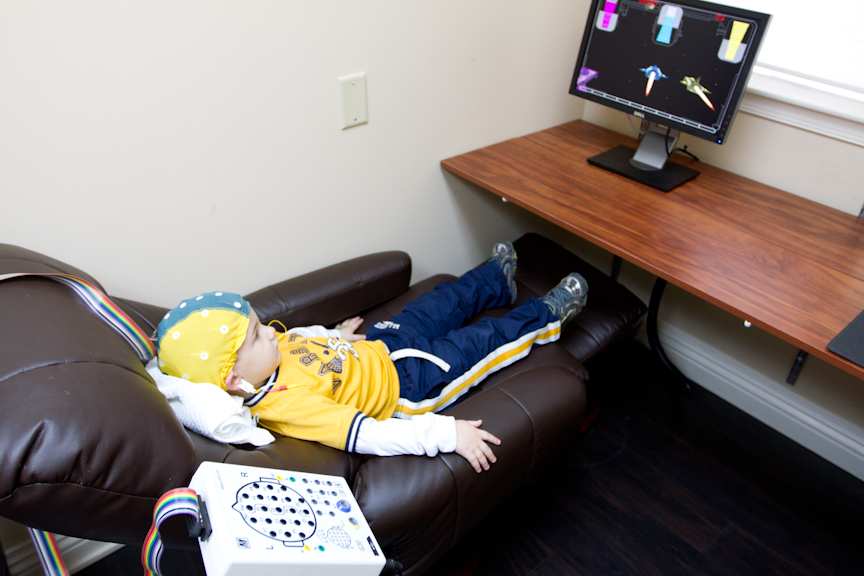Exploring How Slumber Ailments Disrupt Neural Oscillation Activity and Impact Cognitive Performance
Exploring How Slumber Ailments Disrupt Neural Oscillation Activity and Impact Cognitive Performance
Blog Article
Sleep is an essential part of our daily lives, allowing our physical selves and minds to rest and rejuvenate. However, many people suffer from slumber disorders, which can considerably disrupt slumber patterns. These disorders can result to multiple issues, including changes in neural wave activity. Neural waves are electrical signals in the brain that reflect our cognitive state and activity. When sleep is interrupted, the normal patterns of neural waves can be impacted, leading to issues with mental function, such as recall, attention, and judgment.
There are several types of sleep disorders, including insomnia, sleep apnea, and restless leg syndrome. Sleeplessness is characterized by trouble falling or remaining asleep, while sleep apnea entails interruptions in respiration during slumber. Unsettled leg syndrome induces discomforting feelings in the limbs, leading to an compelling urge to move them. Each of these disorders can disturb the natural slumber cycle, which comprises of different stages, including shallow sleep, profound sleep, and REM (rapid eye movement) slumber. Each stage holds a crucial role in maintaining overall cognitive health and function.
When sleep disorders disturb with these stages, brainwave activity can become erratic. For instance, during profound sleep, the brain generates slow delta waves, which are important for bodily restoration and recall consolidation. If a person experiences frequent awakenings or does not attain deep sleep, the generation of these delta waves is diminished. This can lead to difficulties in learning new knowledge and retaining memories. Additionally, REM sleep, which is linked with fantasizing and emotional processing, is also impacted. Disruptions in REM sleep can lead to issues with emotional regulation and inventiveness.
The impact of slumber disorders on mental function is significant. Research has demonstrated that people with sleep disorders often experience challenges with attention and concentration. This can affect their capability at educational institutions or work, making it challenging to complete tasks or engage in discussions. Furthermore, chronic slumber deprivation can result to mood changes, heightened stress, and even nervousness or depression. These mental and emotional challenges can create a vicious cycle, where inadequate sleep results to cognitive difficulties, which in turn can lead to more sleep problems.
Tackling sleep disorders is crucial for enhancing neural wave activity and cognitive function. Treatment options may look what i found encompass habitual changes, such as establishing a regular slumber schedule, establishing a comfortable slumber environment, and practicing relaxation techniques. In some cases, medical intervention may be required, such as employing a CPAP machine for slumber apnea or medication for insomnia. By valuing slumber and pursuing appropriate treatment, people can improve their overall cognitive abilities and improve their quality of life. Understanding the relationship between sleep disorders, neural wave activity, and cognitive function is an important step toward improved health and wellness.